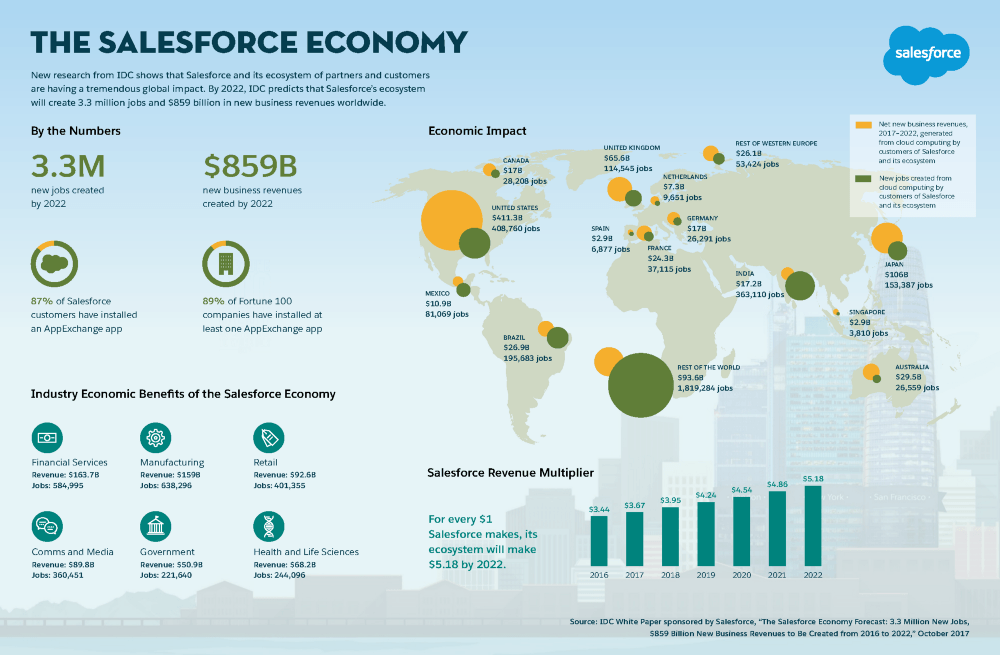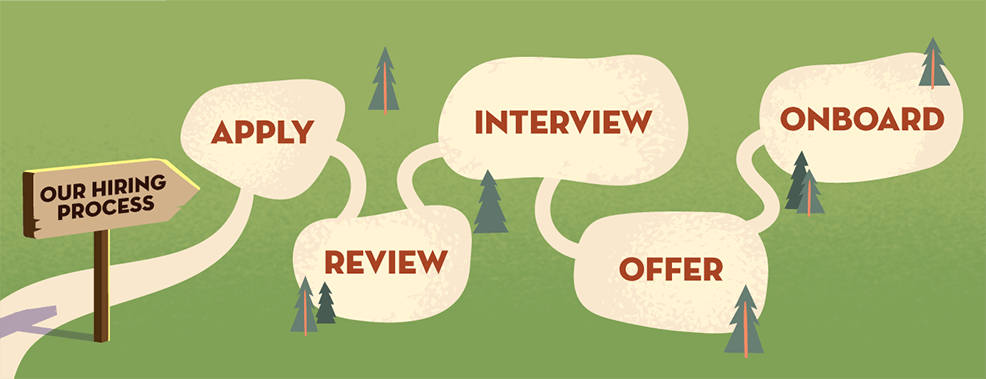Course Synopsis
"Data is the new oil", said Clive Humby in 2006. More recently, "time" is often described as the most precious of resources. Knowledge-Economy workers must be able to manage both with excellence.
This course provides the fundamentals of modern database design in the context of high-stakes operations and large-scale applications. Understand how to model the organization, plan and execute appropriate data management techniques.
Conduct a complete project lifecycle, including thorough analysis phase activities such as data modeling for requirements analysis. Create models using various symbolic languages like semantic structure and an entity relationship diagram (ERD). Utilize design phase activities such as the normalization of the relational model and transformation from conceptual to physical design.
Prepare for a career working on, in, or with SaaS platforms and technology professionals. Whether you go on to earn a Salesforce certification, join a startup, or become an entrepreneur, you will be well prepared for the future of work.






